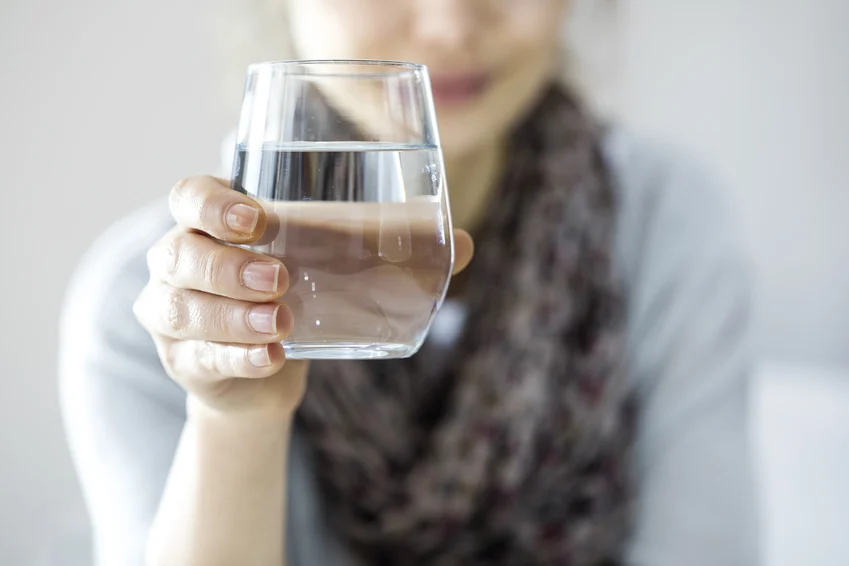Water is the source of life on this planet, so much so that without it the human race would perish within days. So, it’s safe to say that water, or hydrogen dioxide, or H2O, or whatever you prefer to call it, is essential. Yet only 1% of the Earth’s water is safe to drink, and sometimes even that drinking water can be the cause of many health-related issues.

Bad water isn’t a new concept, and most people are aware of its existence and effect. Although what many people don’t know is that some of the water you think is good for you, may not be.
For one thing, certain elements in water can actually contribute to hair loss, and by age 35 roughly 66% of men in America will experience some form of hair loss. That’s not all, though.
Certain types of drinking water may or may not be good for your teeth, either. Granted, water could be the least of your teeth’s problems in a day and age of processed foods and refined sugars, but no stone should be left unturned when it comes to knowing what is truly good for you.
With an estimated 14% of adults between the ages of 20 and 64 reporting that their teeth and mouth are in poor condition, according to the National Institute of Dental and Craniofacial Research, that’s a lot of people who should know what types of water might be affecting their teeth.
Bottled Water
There are two kinds of people: those who like water, and those who don’t. One thing that both would probably agree on is that drinking water that is bottled is better tasting than tap.
The water drinkers will take it one step further and tell you that not every type of bottled water tastes the same. While they might be right, bottled water isn’t all it’s cracked up to be.
The Food and Drug Administration considers bottled water a food product and therefore imposes certain regulations and standards, but they aren’t all that strict. Moreover, once the seal is broken on a bottle of water, it’s just as susceptible to bacteria as other types.
The big thing, though, is that it doesn’t contain sufficient amounts of fluoride, which is imperative to the health of your teeth. Drinking only bottled water can actually deprive your teeth of the necessary amounts of fluoride, which can lead to poor dental health.
Tap Water
When it comes to tap water, some people prefer to add a secondary filter straight to the faucet (or use a filtered pitcher). This process may not be the best thing to do when it comes to the health of your teeth.
Many filters actually remove the fluoride that’s present, as well as other essential compounds and elements. Depending on the filter, it could add fluoride back in at the end of the filtration process, but you will have to look for this kind specifically.
Regular tap water is maintained by the Environmental Protection Agency and contains an assortment of chemicals, minerals, elements, and even vitamins. These are not only important to keep the water clean and healthy, but your body as well.
In some areas, the fluoridation of the drinking water is a natural process, but in many other areas, it is added to the water supplies intentionally to support fluoride intake. In either case, ensuring that you have the adequate minerals and compounds present in your drinking water can promote dental health.
It may seem as though fluoride is as beneficial to the strength of your teeth as a can of spinach is to Popeye, but as with most things, too much is never a good thing. Excessive fluoride consumption can lead to health conditions, most notably fluorosis, which affects your joints and bones.
So, it’s important to get enough fluoride in your diet, but equally important not to overdo it. If there is fluoride present in your drinking water, then there is no need to supplement anymore in your diet.
